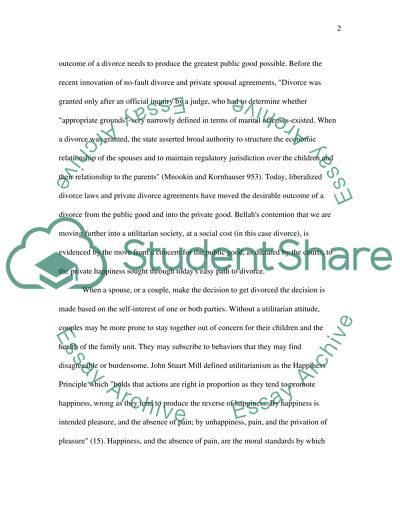Cite this document
(Divorce: Civic Republicanism and the Biblical Tradition Essay, n.d.)
Divorce: Civic Republicanism and the Biblical Tradition Essay. Retrieved from https://studentshare.org/family-consumer-science/1505166-the-utilitarian-view-of-divorce
Divorce: Civic Republicanism and the Biblical Tradition Essay. Retrieved from https://studentshare.org/family-consumer-science/1505166-the-utilitarian-view-of-divorce
(Divorce: Civic Republicanism and the Biblical Tradition Essay)
Divorce: Civic Republicanism and the Biblical Tradition Essay. https://studentshare.org/family-consumer-science/1505166-the-utilitarian-view-of-divorce.
Divorce: Civic Republicanism and the Biblical Tradition Essay. https://studentshare.org/family-consumer-science/1505166-the-utilitarian-view-of-divorce.
“Divorce: Civic Republicanism and the Biblical Tradition Essay”, n.d. https://studentshare.org/family-consumer-science/1505166-the-utilitarian-view-of-divorce.


